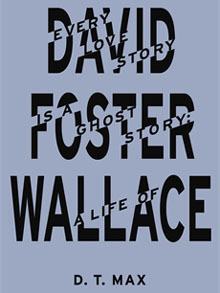Infinite Jest, for all its putative difficulty, cares about the reader, and if it denies him or her a conventional ending, it doesn’t do so out of malice; it does it out of concern, to provide a deeper palliative than realistic storytelling can, because, just as in Ennet House, you have to work to get better. The book is redemptive, as modern novels rarely are (there is a reason Wallace had to reach back to Dostoevsky for a model). Gately abides, taking on, almost in a Christlike way, the sins of his flock, and Christ implies a God. Wallace never forgets his pledge, as he told McCaffery, that
...more
Welcome back. Just a moment while we sign you in to your Goodreads account.


